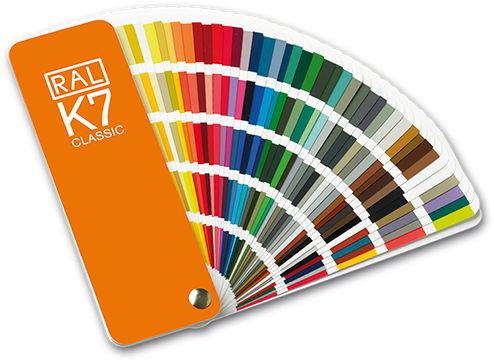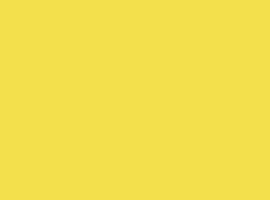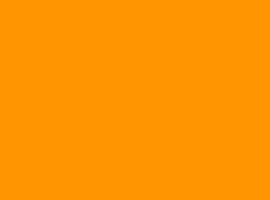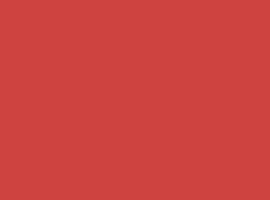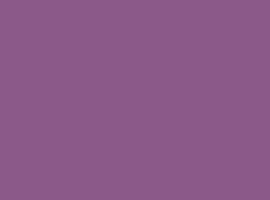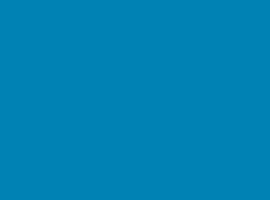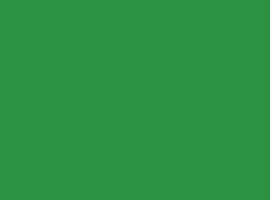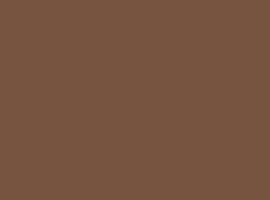RAL Classic colour fan deck
You are currently browsing RAL colour chart containing 215 classic colours.
Yellow Hues
Orange Hues
Red Hues
Purple Hues
Blue Hues
Green Hues
Grey Hues
Brown Hues
White & black Hues
RAL Colour 9022
Pearl light grey
This RAL 9022 Colour is presented to you as a part of white and black hues assortment on the RAL Classic colour chart. You will notice that all of these grouped colours follow this specific designation, which is based on four-digit number in combination with the letters "RAL". This is why white and black colours are sequentialy coded under 9xxxx, where 9 is a system code number (1: yellow, 2: orange, 3: red, 4: purple, 5: blue, 6: green, 7: grey, 8: brown and 9: white and black shades).
The name Pearl light grey actually serves as additional, auxiliary designation, making the colour easier to remember. This naming system also provides additonal quality assurance preventing erroneous colour assigment due to number transposition.
On this particular hue range, in addition to 'pearl light grey', you will find hand-picked colour tones selected by RAL institute design experts. This white and black colour assortment holds another 13 excellent tones (making a total of 14 unique colour samples).
You can click here for a list of white and black hues, or open a full chart of 215 RAL Classic colours.
More from white chart
Advertisement
◾ RAL 9022 to CMYK
In the CMYK colour system the RAL 9022 is composed by combining four primary tones of pigment. To achieve this exclusive "pearl light grey" colour tone, out of 100% maximum colour components, 35% cyan, 30% magenta, 30% yellow and 20% key (black) are used.
You can immediately see this result on this computer simulated CMYK diagram.
The mixture of these primary colours blends in the middle on a square space where all four different colour hue sheets overlap.
◾ RAL 9022 to RGB
The conversion of RAL 9022 into RGB colour space requres specific composition of red, green, and blue primary colours.
To construct hue matching "pearl light grey" colour from the RAL chart as close as possible, we use the following values ranging from 0 to 255 on the RGB colour system: 133 red, 133 green and 131 blue.
The three circle RGB diagram here provides illustrative example showing how blue value stands out slightly in comparison to red and green to construct this unique tone of colour.
The RAL colour equivalent emerges in the very center, where all three primary colour circles overlap and combine.
RAL Colour scheme generator
While colors below are auto-selected, it is still performed in a very scientific manner. You see, there is a color theory, that helps to pick visually appealing companions to each color based on their distance on the color wheel. With this in mind, we can have very satisfying results, even though our initial color spectrum is only limited to 215 colors from the original RAL Classic collection.



